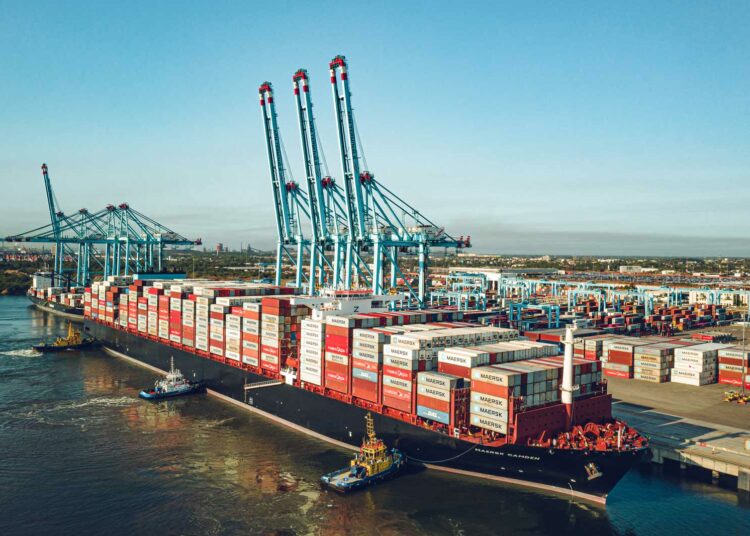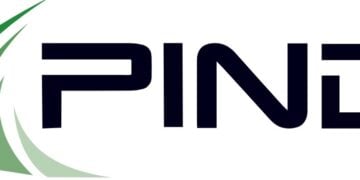Danish shipping company, APM Terminals, Nigeria, yesterday, said it has a plan to invest $500million into the nation’s economy through the maritime sector in the coming years.
Recall that there has been controversy after the special adviser to the president on media and publicity, Ajuri Ngalale, said Nigeria secured a $600 million investment to expand existing port infrastructure to accommodate more container shipping services in Nigerian ports.
There are reports that A.P Moller-Maersk, denied the investment commitment with the federal government.
However, in a statement titled, ‘Our Vision For Nigerian Ports and Growth’, by the chief executive officer, APM Terminals, Keith Svendsen, and a copy made available to LEADERSHIP, said they have developed plans to undertake necessary terminal upgrade investments in Apapa to give access to vessels with deep draft and requiring large ship-to-shore cranes.
According to him, the company had the investment discussion with President Bola Tinubu in February and in April, saying they have intensified talks with the administration and port authority to make the plans concrete.
“At APM Terminals, we believe strongly in the future prospects for the Nigerian economy, and the long-term opportunities that the current economic reforms and invitation for international investments will generate. At Onne, we are concluding a USD115 million upgrade project to ensure the terminal has sufficient capacity and capabilities to service the south/eastern Nigeria market and the growth expected in coming years, while the Apapa port continues to offer a unique access to Nigerian importers and exporters to international markets through not just road, but also rail and waterways, by means of barges,” the CEO stated.
He continued, “Having been present there for close to two decades, we believe that Lagos, as the main port, needs further investments to cater for increasing trade volumes and to be able to attract large container vessels. While greenfield terminals like Lekki and later on Badagry will support economic growth in the long run, the more urgent requirement is in our view to upgrade the existing port infrastructure to ensure road, rail and barge networks can connect directly to mainline shipping.
“We have developed plans to undertake the necessary terminal upgrade investments in Apapa to give access to vessels with deep draft and requiring large ship-to-shore cranes. We seek to do this under a long-term agreement with the government to support our ambition to continuously improve the import and especially export opportunities for the country, creating jobs and diversifying opportunities locally.
“As we are still not at the finish line, we have intensified talks with the administration and port authority to make these plans concrete and I’m pleased with the significant progress made towards implementation. That is why I earlier this year publicly told about the proposal to invest more than USD 500 million that we have discussed with the President Tinubu both in February, and which we further elaborated in late April. It should go hand-in-hand with a long-term partnership.
“For us in APM Terminals, it is important that we not only operate highly efficient terminals, but also that we play a role contributing to the development of the local communities and bring in opportunities for growth and new prospects for Nigerians,” he revealed.
Svendsen, stated further that the terminal believed in a long term opportunities and investment in the nation’s economy, saying Nigeria is a key market in Africa to the company.
“To APM Terminals, Nigeria is a key market in Africa and we are proud of the central role we play enabling containerized trade between the country and the rest of the world. A.P. Moller-Maersk has been present in Nigeria for more than 35 years and our vessels have been serving the country essentially since Independence.
Today, our two container terminals in Lagos and Onne handle about half of the containers going in and out of Nigeria, and our vessels transport close to a third. APM Terminals have been operating in Nigeria since 2006 and have invested more than $600 million during this period in equipment, including trucks and container cranes as well as in advanced operational controls, digital interfaces, and extensive training of employees to provide customers with a fully modern and safe experience.
“We employ about 2,500 people directly (99 per cent Nigerians) and indirectly create employment for about 65,000 according to a recent socio-economic study.”





